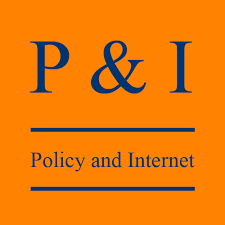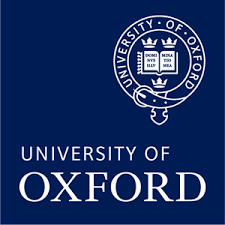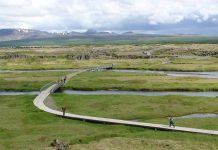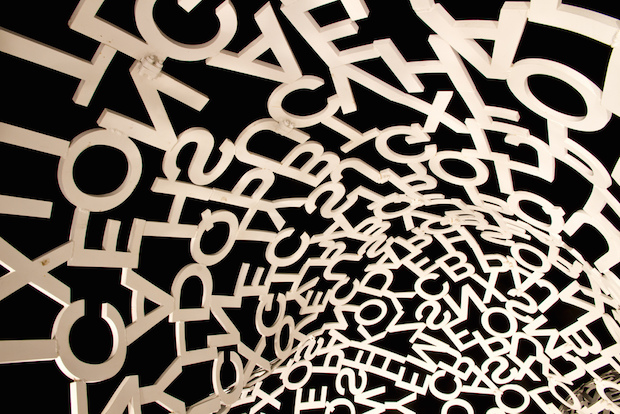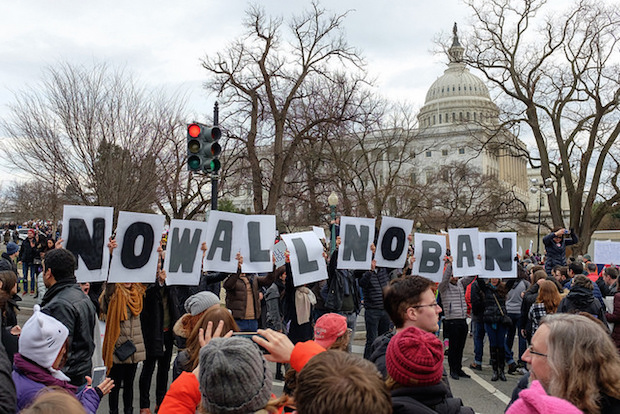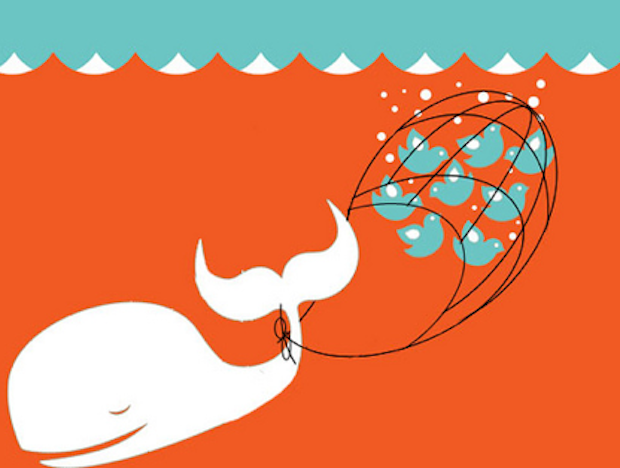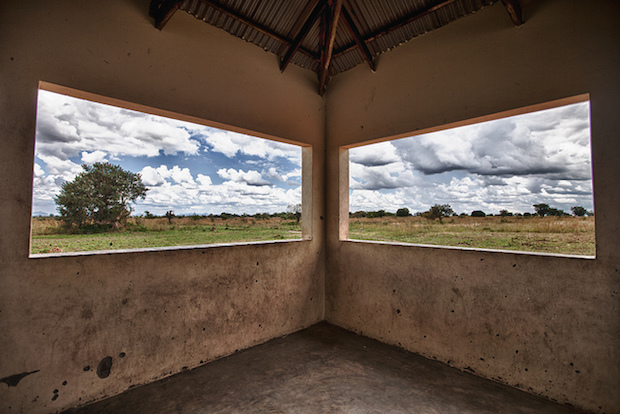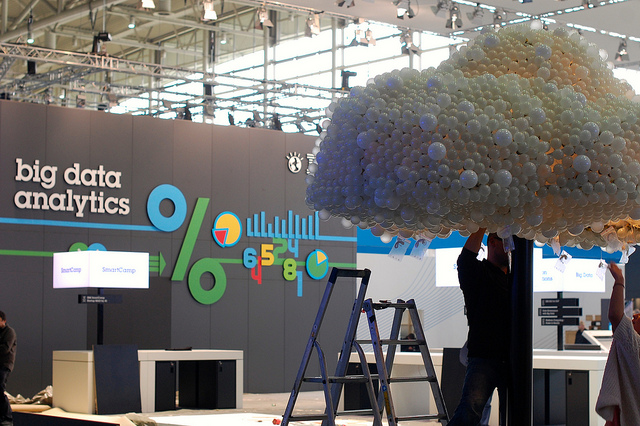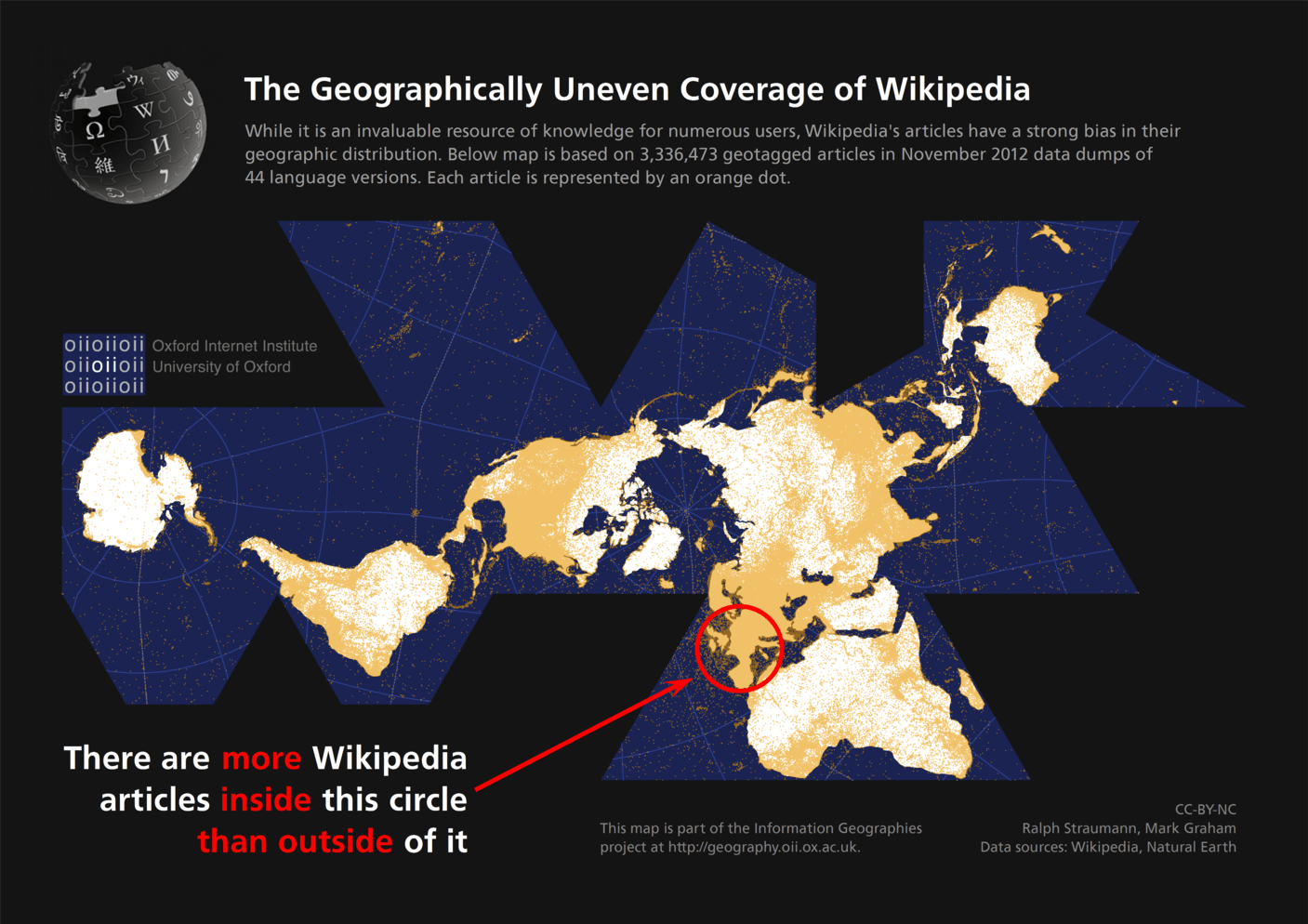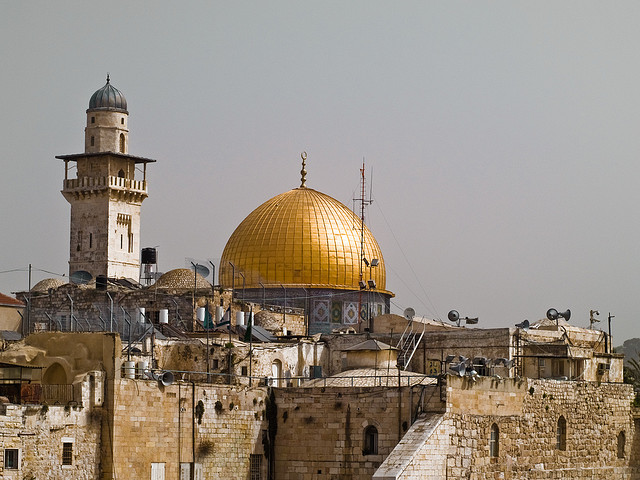
Wikipedia has famously been described as a project that “ works great in practice and terrible in theory”. One of the ways in which it succeeds is through its extensive consensus-based governance structure. While this has led to spectacular success –over 4.5 million articles in the English Wikipedia alone — the governance structure is neither obvious nor immediately accessible, and can present a barrier for those seeking entry. Editing Wikipedia can be a tough challenge – an often draining and frustrating task, involving heated disputes and arguments where it is often the most tenacious, belligerent, or connected editor who wins out in the end.
Broadband access and literacy are not the only pre-conditions for editing Wikipedia; ‘digital literacy’ is also crucial. This includes the ability to obtain and critically evaluate online sources, locate Wikipedia’s editorial and governance policies, master Wiki syntax, and confidently articulate and assert one’s views about an article or topic. Experienced editors know how to negotiate the rules, build a consensus with some editors to block others, and how to influence administrators during dispute resolution. This strict adherence to the word (if not the spirit) of Wikipedia’s ‘law’ can lead to marginalization or exclusion of particular content, particularly when editors are scared off by unruly mobs who ‘weaponize’ policies to fit a specific agenda.
Governing such a vast collaborative platform as Wikipedia obviously presents a difficult balancing act between being open enough to attract volume of contributions, and moderated enough to ensure their quality. Many editors consider Wikipedia’s governance structure (which varies significantly between the different language versions) essential to ensuring the quality of its content, even if it means that certain editors can (for example) arbitrarily ban other users, lock down certain articles, and exclude moderate points of view. One of the editors we spoke to noted that: “A number of articles I have edited with quality sources, have been subjected to editors cutting information that doesn’t fit their ideas […] I spend a lot of time going back to reinstate information. Today’s examples are in the ‘Battle of Nablus (1918)’ and the ‘Third Transjordan attack’ articles. Bullying does occur from time to time […] Having tried the disputes process I wouldn’t recommend it.” Community building might help support MENA editors faced with discouragement or direct opposition as they try to build content about the region, but easily locatable translations of governance materials would also help. Few of the extensive Wikipedia policy discussions have been translated into Arabic, leading to replication of discussions or ambiguity surrounding correct dispute resolution.
Beyond arguments with fractious editors over minutiae (something that comes with the platform), negotiating the wider politics of Wikipedia can be a daunting task, particularly when in it comes to content about the MENA region. It would be an understatement to say that the Middle East is a politically sensitive region, with more than its fair share of apparently unresolvable disputes, competing ideologies (it’s the birthplace of three world religions…), repressive governments, and ongoing and bloody conflicts. Editors shared stories with us about meddling from state actors (eg Tunisia, Iran) and a lack of trust with a platform that is generally considered to be a foreign, and sometimes explicitly American, tool. Rumors abound that several states (eg Israel, Iran) have concerted efforts to work on Wikipedia content, creating a chilling effect for new editors who might feel that editing certain pages might prove dangerous, or simply frustrating or impossible. Some editors spoke of being asked by Syrian government officials for advice on how to remove critical content, or how to identify the editors responsible for putting it there. Again: the effect is chilling.
A lack of locally produced and edited content about the region clearly can’t be blamed entirely on ‘outsiders’. Many editors in the Arabic Wikipedia have felt snubbed by the creation of an explicitly “Egyptian Arabic” Wikipedia, which has not only forked the content and editorial effort, but also stymied any ‘pan-Arab’ identity on the platform. There is a culture of administrators deleting articles they do not think are locally appropriate; often relating to politically (or culturally) sensitive topics. Due to Arabic Wikipedia’s often vicious edit wars, it is heavily moderated (unlike for example the English version), and anonymous edits do not appear instantly.
Some editors at the workshops noted other systemic and cultural issues, for example complaining of an education system that encourages rote learning, reinforcing the notion that only experts should edit (or moderate) a topic, rather than amateurs with local familiarity. Editors also noted the notable gender disparities on the site; a longstanding issue for other Wikipedia versions as well. None of these discouragements are helped by what some editors noted as a larger ‘image problem’ with editing in the Arabic Wikipedia, given it would always be overshadowed by the dominant English Wikipedia, one editor commenting that: “the English Wikipedia is vastly larger than its Arabic counterpart, so it is not unthinkable that there is more content, even about Arab-world subjects, in English. From my (unscientific) observation, many times, content in Arabic about a place or a tribe is not very encyclopedic, but promotional, and lacks citations”. Translating articles into Arabic might be seen as menial and unrewarding work, when the exciting debates about an article are happening elsewhere.
When we consider the coming-together of all of these barriers, it might be surprising that Wikipedia is actually as large as it is. However, the editors we spoke with were generally optimistic about the site, considering it an important activity that serves the greater good. Wikipedia is without doubt one of the most significant cultural and political forces on the Internet. Wikipedians are remarkably generous with their time, and it’s their efforts that are helping to document, record, and represent much of the world – including places where documentation is scarce. Most of the editors at our workshop ultimately considered Wikipedia a path to a more just society; through not just consensus, voting, and an aspiration to record certain truths — seeing it not just as a site of conflict, but also a site of regional (and local) pride. When asked why he writes geographic content, one editor simply replied: “It’s my own town”.
Mark Graham is a Senior Research Fellow at the OII. His research focuses on Internet and information geographies, and the overlaps between ICTs and economic development.
